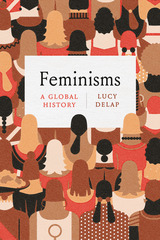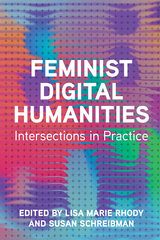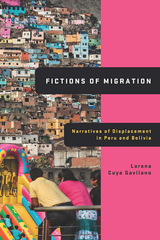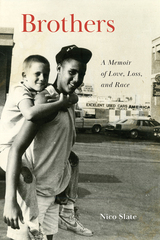
Brothers is Nico Slate’s poignant memoir about Peter Slate, aka XL, a Black rapper and screenwriter whose life was tragically cut short. Nico and Peter shared the same White American mother but had different fathers. Nico’s was White; Peter’s was Black. Growing up in California in the 1980s and 1990s, Nico often forgot about their racial differences until one night in March 1994 when Peter was attacked by a White man in a nightclub in Los Angeles.
Nico began writing Brothers with the hope that investigating the attack would bring him closer to Peter. He could not understand that night, however, without grappling with the many ways race had long separated him from his brother.
This is a memoir of loss—the loss of a life and the loss at the heart of our racial divide—but it is also a memoir of love. The love between Nico and Peter permeates every page of Brothers. This achingly beautiful memoir presents one family’s resilience on the fault lines of race in contemporary America.
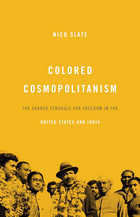
A hidden history connects India and the United States, the world’s two largest democracies. From the late nineteenth century through the 1960s, activists worked across borders of race and nation to push both countries toward achieving their democratic principles. At the heart of this shared struggle, African Americans and Indians forged bonds ranging from statements of sympathy to coordinated acts of solidarity. Within these two groups, certain activists developed a colored cosmopolitanism, a vision of the world that transcended traditional racial distinctions. These men and women agitated for the freedom of the “colored world,” even while challenging the meanings of both color and freedom.
“Slate exhaustively charts the liberation movements of the world’s two largest democracies from the 19th century to the 1960s. There’s more to this connection than the Rev. Martin Luther King Jr.’s debt to Mahatma Gandhi, and Slate tells this fascinating tale better than anyone ever has.”
—Tony Norman, Pittsburgh Post-Gazette
“Slate does more than provide a fresh history of the Indian anticolonial movement and the U.S. civil rights movement; his seminal contribution is his development of a nuanced conceptual framework for later historians to apply to studying other transnational social movements.”
—K. K. Hill, Choice
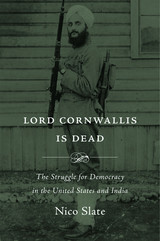
Do democratic states bring about greater social and economic equality among their citizens? Modern India embraced universal suffrage from the moment it was free of British imperial rule in 1947—a historical rarity in the West—and yet Indian citizens are far from realizing equality today. The United States, the first British colony to gain independence, continues to struggle with intolerance and the consequences of growing inequality in the twenty-first century.
From Boston Brahmins to Mohandas Gandhi, from Hollywood to Bollywood, Nico Slate traces the continuous transmission of democratic ideas between two former colonies of the British Empire. Gandhian nonviolence lay at the heart of the American civil rights movement. Key Indian freedom fighters sharpened their political thought while studying and working in the United States. And the Indian American community fought its own battle for civil rights.
Spanning three centuries and two continents, Lord Cornwallis Is Dead offers a new look at the struggle for freedom that linked two nations. While the United States remains the world’s most powerful democracy, India—the world’s most populous democracy—is growing in wealth and influence. Together, the United States and India will play a predominant role in shaping the future of democracy.
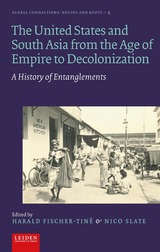
READERS
Browse our collection.
PUBLISHERS
See BiblioVault's publisher services.
STUDENT SERVICES
Files for college accessibility offices.
UChicago Accessibility Resources
home | accessibility | search | about | contact us
BiblioVault ® 2001 - 2025
The University of Chicago Press




